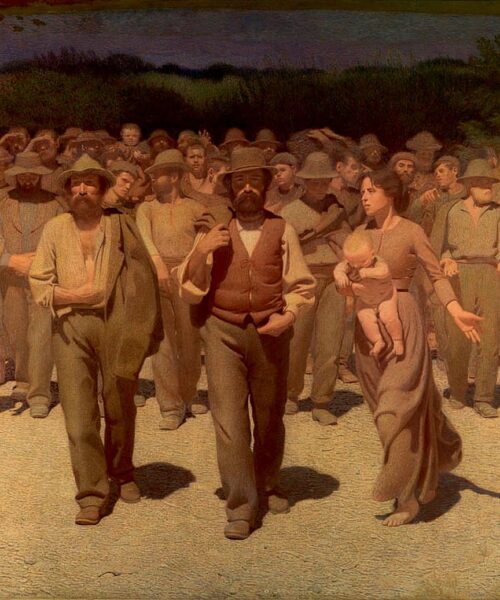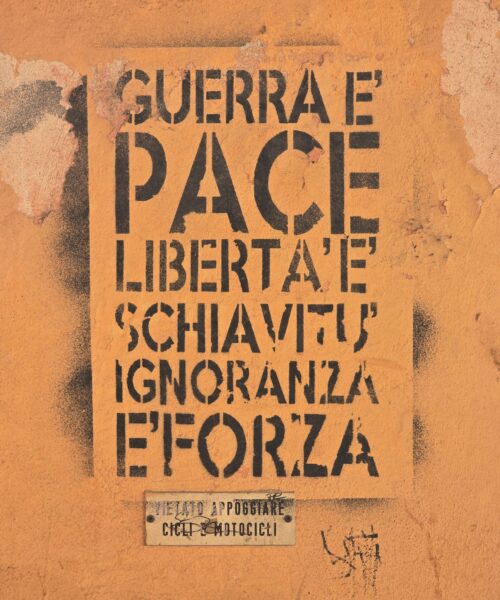The beach, a quintessential place of leisure, akin to an urban parking lot, reflects one of the many facets of modern society. In theory, both are “public goods,” available to all citizens regardless of their social status. However, in practice, sustainable use and equitable access to these goods pose significant sociopolitical challenges.
Equity and Responsible Use
Every day in summer, thousands of people flock to the beaches, seeking a patch of sand to lay their towel. During rush hour in cities, motorists embark on a sort of treasure hunt, searching for that rare free space to park. In both cases, the public good is absorbed, sometimes to the point of saturation.
If left unregulated, these goods can suffer from overuse or misuse. Here emerges a fundamental principle of political sociology: the idea of the “Tragedy of the Commons.” Without some form of regulation, indiscriminate use of common goods by individuals can lead to their depletion or deterioration.
Contribution as a Form of Justice
Some might object, arguing that public goods, being “public,” should be free. But this idealized view overlooks a crucial aspect: maintaining and managing such goods costs money. And, more importantly, there is a social cost associated with their indiscriminate use.
So, if the parking lot or beach is kept clean, safe, and accessible, it is thanks to public funds, which ultimately are the taxes paid by citizens. Requiring a contribution, even symbolic, for the use of these goods can be seen not only as a means to cover maintenance costs but also as an incentive for more responsible and conscious use.
Rethinking Our Relationship with Common Goods
As a society, we must start viewing public goods not as taken-for-granted resources but as common heritage that requires our care and collective responsibility. Paying for the use of such goods should not be seen as a burden, but as an investment in the quality and longevity of our public infrastructure and, ultimately, in the cohesion and well-being of our society.
In conclusion, paying for the use of public goods, more than a mere monetary act, is an act of social justice. It represents an acknowledgment of the value that such goods have for all of us and a commitment to their preservation for future generations.












